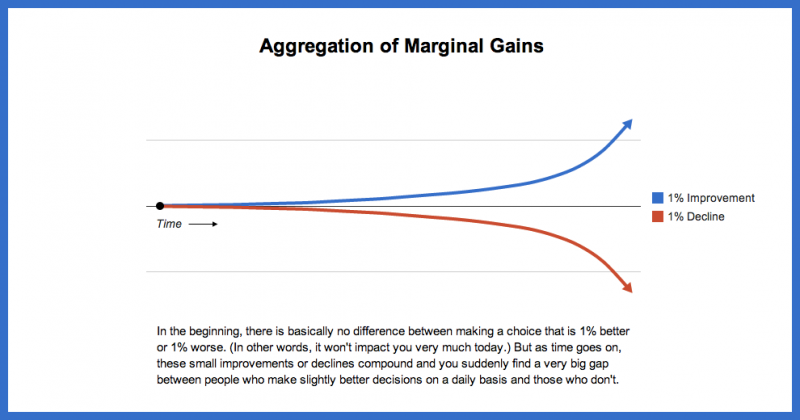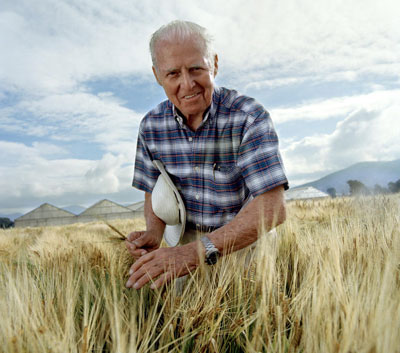
In ancient Persia, a sultan called upon all his wisest men and asked them if there was a mantra he could follow that would help him get through any situation, no matter the time or place, in every joy and sorrow, defeat and victory.
After thinking for a long time on such a puzzling question, the wise men gave the sultan a ring with an inscription on it. They advised him to not look at it until he was in desperate need.
Some time later, a neighboring kingdom attacked and the sultan was forced to flee with the remnants of his army until he was trapped at the end of a road by a deep valley. As he heard his enemies approaching, he fell into deep despair over the hopeless situation.
Then he remembered the ring. He looked down at it to the inscription which read:
“This too shall pass.”
The message affected him greatly. As he thought about it, he calmed down and waited to see if his enemies would discover his whereabouts. Eventually the noise of horses receded and disappeared. The danger had passed.
The sultan immediately regrouped his forces and fought bravely in a counterattack. Eventually he overtook his enemies and regained his empire.
Upon his arrival, the people greeted him as a hero. Flowers showered on him from every house; people danced joyously.
Looking over such a happy occasion, the sultan thought to himself, “I am one of the greatest people alive. No one can defeat me.” As the celebration continued around him, his vanity and ego grew larger.
Suddenly, he remembered the ring with its inscription. He looked down at it again and read it:
“This too shall pass.”
And he realized this celebration is only temporary. He relaxed once again and let his vanity fade into a state of humbleness. Because good times may be temporary, he greeted everyone with a newfound sense of gratitude, resolving to enjoy this moment for as long as it lasts.
Life is Constantly in Flux – All Things Will Pass
This story ties in with a Buddhist concept called “impermanence.” It’s the idea that everything we experience is simply a series of moments. All of existence is in a constant state of flux – nothing is fixed, only temporary.
Rather than seeing our life as one long story arc, “impermanence” sees everything as a constant series of changes.
Life is always evolving. Even around us, things that seem permanent such as mountains are actually going through constant changes as the teutonic forces underneath move and reshape its size and structure.
The idea of impermanence is difficult for some people. Change isn’t always easy to go through and if every moment is only temporary, then nothing – even good times – can last forever.
But there’s a beauty to the idea of impermanence captured by this story. When you accept the idea that “this too shall pass”, you can live a more peaceful life.
When Things Are Going Bad
In the story, the sultan reached one of the lowest points in his life when he was surrounded by his enemies and his empire was on the brink of destruction.
But when he looked at his circumstances as something that was only temporary, he realized that this situation, with all his fear and dread, would somehow eventually end. It could not possibly last forever.
When heartbreak or loss happens in our own lives, we can be too quick to think of it as something permanent. Whether you lost your job, ended a relationship or your college application was rejected, you get caught up in how bad everything is going right at that moment.
It might seem as if you’re stuck, unable to move ahead.
But it’s important to remember that “this too shall pass”. Bad moments don’t last forever. Whether it takes days, weeks or even a few years, eventually circumstances and situations change and difficult situations and hardships get left in the past.
Sometimes that little reminder – “it’s only temporary” – is just what you need to help you get through difficult times.
When Life is Going Well
Focusing on impermanence isn’t just important for bad times though. It’s just as useful for when things are going really well.
After the sultan conquered his enemy and returned victorious to his empire, he was surrounded by a magnificent celebration in his honor. This fueled his ego with vanity and hubris until he looked at the ring and realized that “this too shall pass.”
Here, his problem wasn’t adversity; it was about tempering his own self-image to the good fortune going on around him.
When things are going well for us, we can often let it get to our heads. We grow overconfident and take our situations for granted. By reminding yourself that good times are also temporary, it helps you remember to cherish them.
If you’ve ever loved someone and lost them, then you realize how easy it is to take them for granted.
If you’ve ever had good times come to an end, you know how much you should have spent appreciating and enjoying them.
When the sultan recognized the impermanence of this celebration – and that the future might reverse his good fortune – he let go of his ego so he could make way for gratitude.
By recognizing the impermanence of good times, you remind yourself to see how lucky you are. When you know good times can come to an end, you can’t afford to take anything for granted. It helps you enjoy the time you have and feel more grateful for each good moment that comes your way.
Unlike the sultan, none of us need a ring with this inscription. By just reminding ourselves that “this too shall pass”, we put perspective on the good and bad times in our lives and bring a little more peace to each moment.







